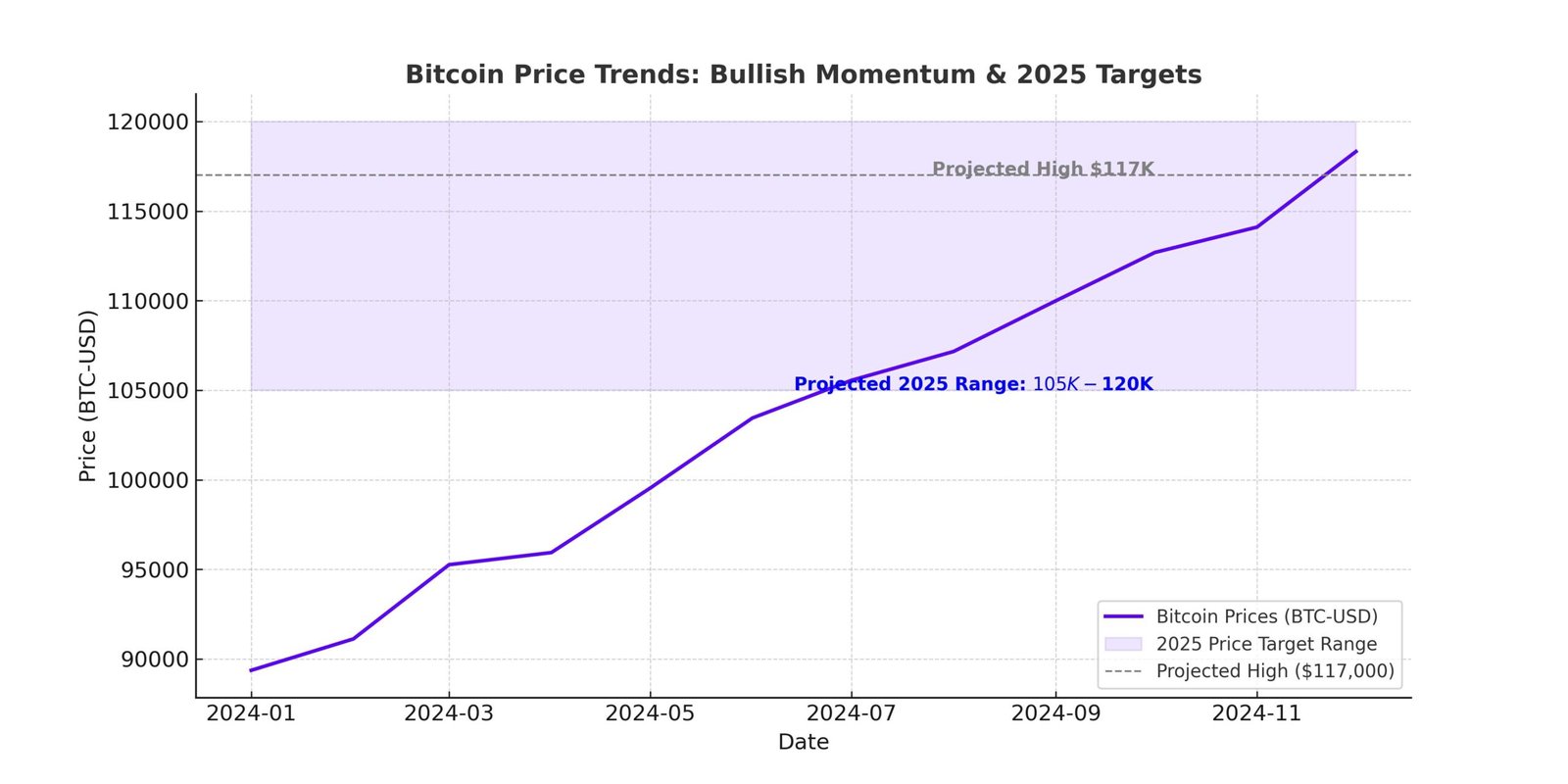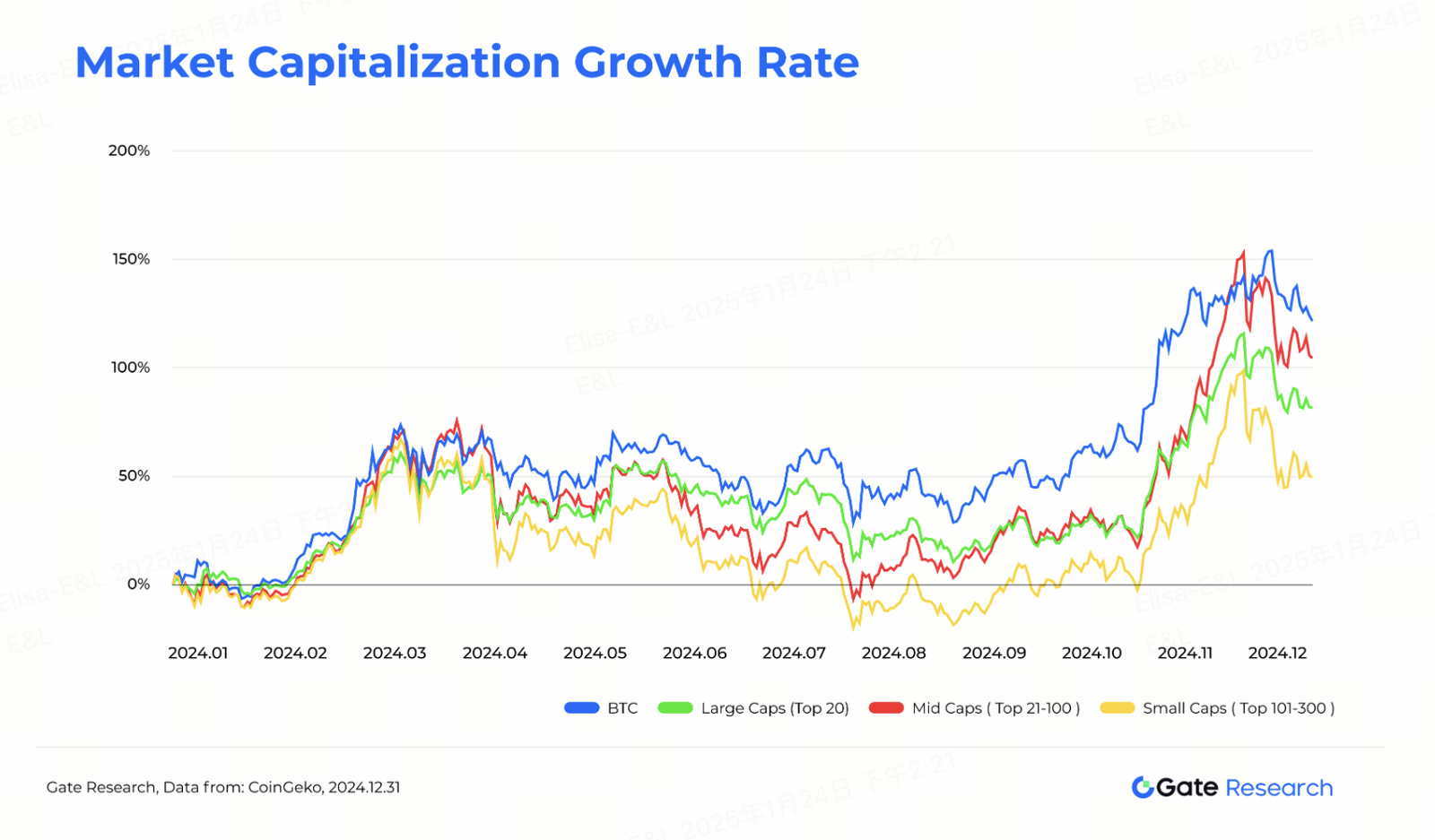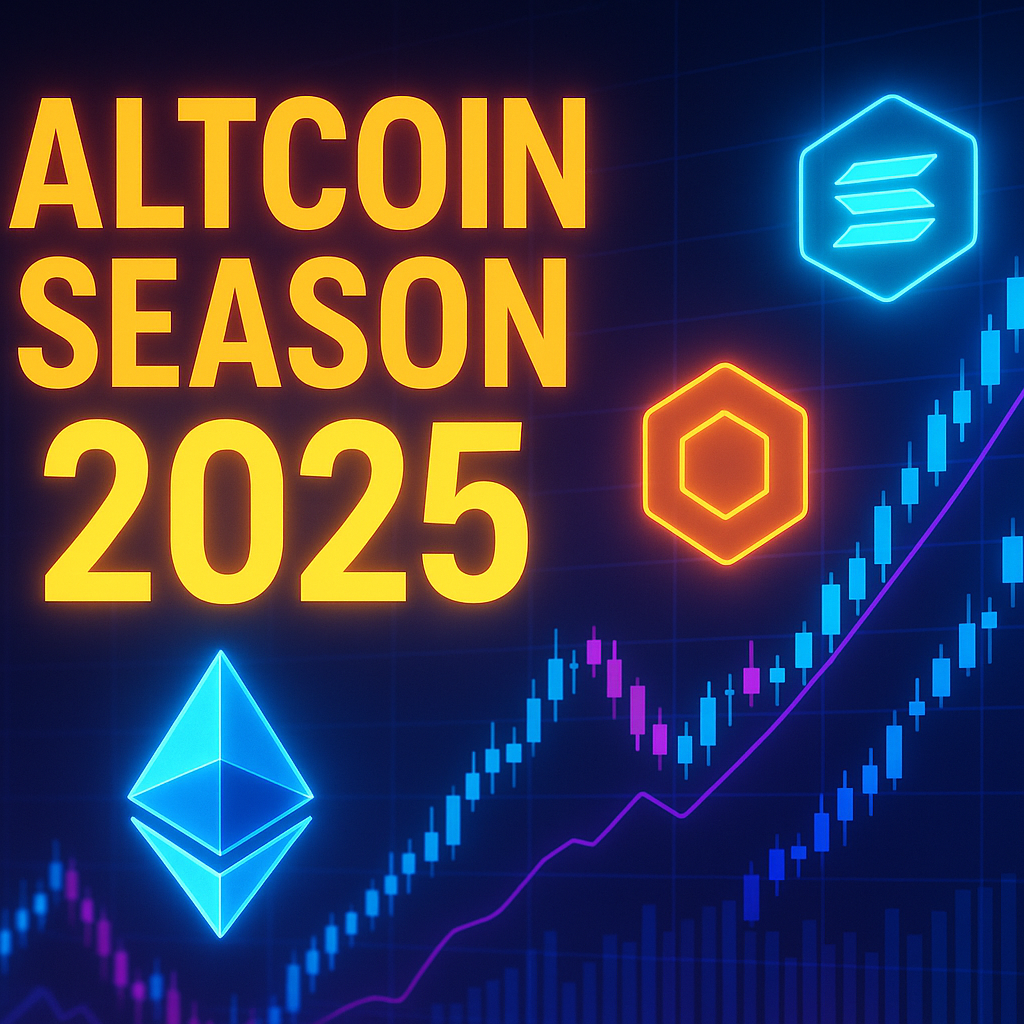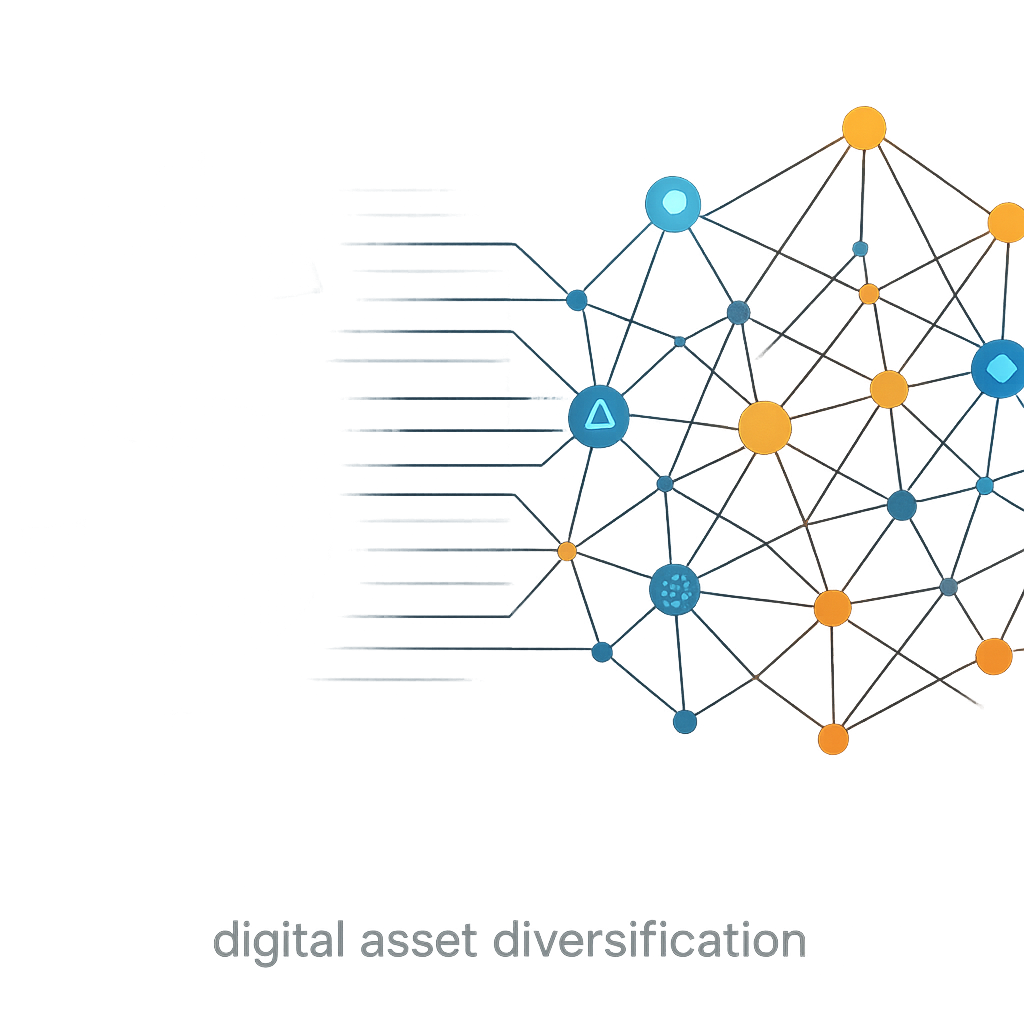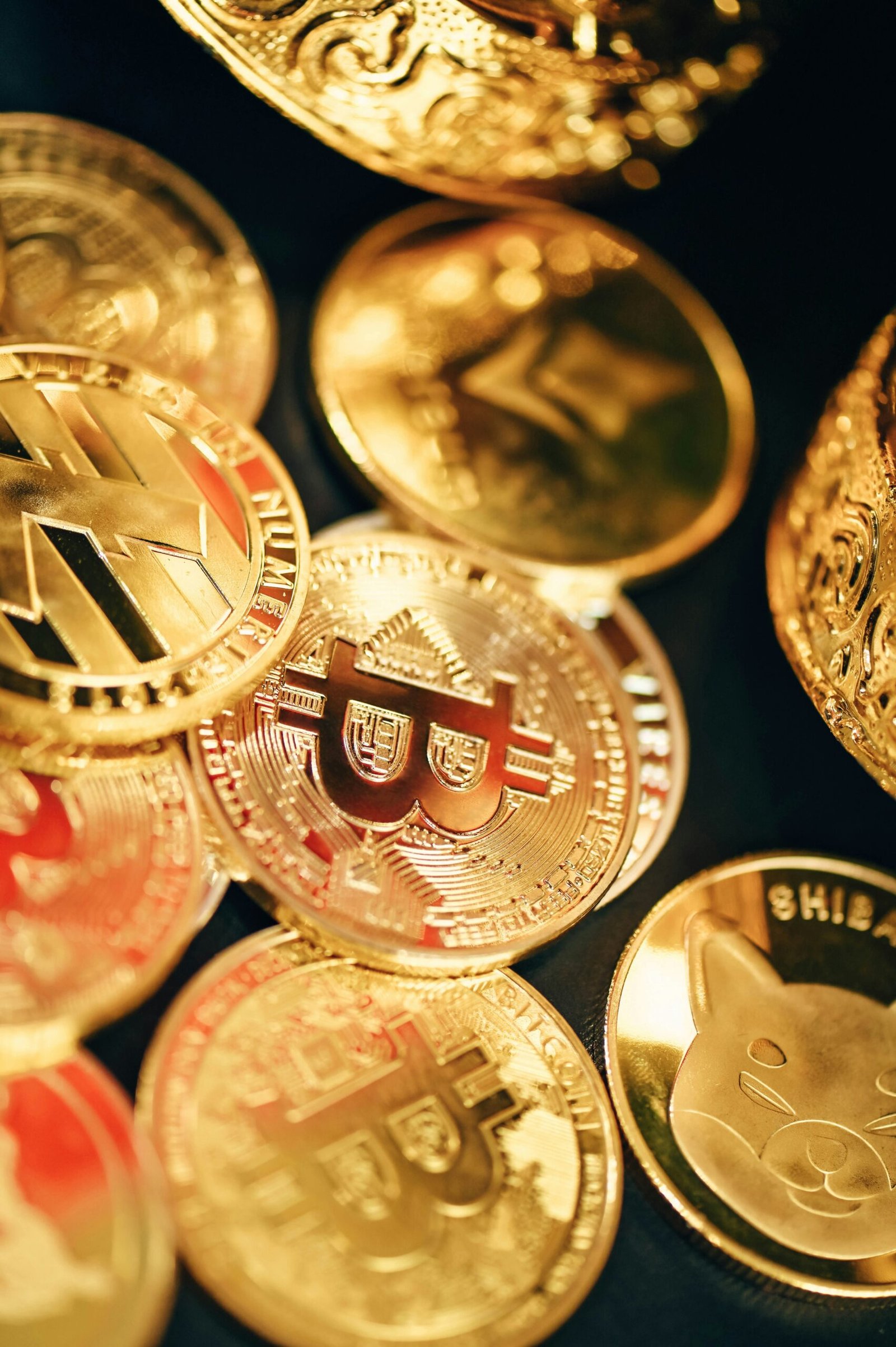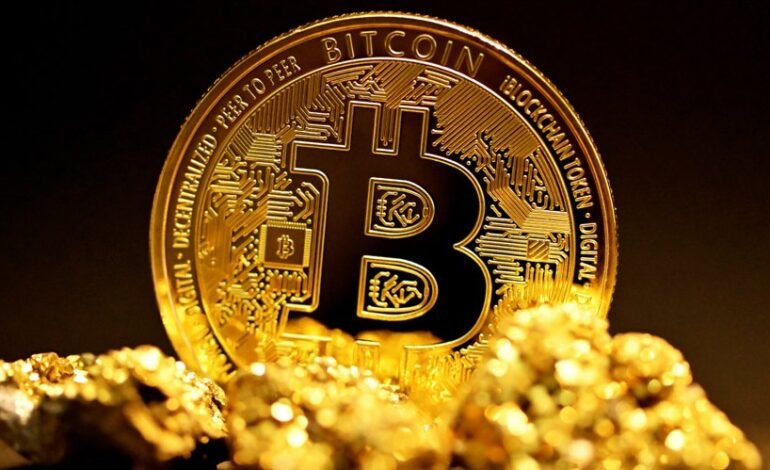
Historical Context of Gold as Currency
Gold has held a prominent position in human civilization for millennia, serving as a fundamental currency and a store of value. Its unique properties, including scarcity, intrinsic value, and durability, have led civilizations to utilize gold as a basis for trade and wealth accumulation. From the ancient Egyptians who adorned themselves with gold jewelry to the various empires that used it as a standard for monetary systems, gold has consistently been viewed as a reliable asset.
The allure of gold stems from its finite availability; it is a rare element that cannot be generated at will. Historically, this scarcity has rendered gold a symbol of economic strength and stability. During times of economic uncertainty, individuals and nations have gravitated towards gold as a refuge for their wealth. For instance, during the financial crises of the past century, many investors sought refuge in gold, leading to substantial increases in its value as a safe haven asset.
Gold’s durability and physical properties also contribute to its enduring status. Unlike paper currency, gold does not deteriorate over time and remains untouched by inflationary pressures, making it a trusted medium for preserving wealth. Furthermore, gold enjoys universal acceptance — societies across the globe recognize its value, resulting in a robust market that transcends geographical boundaries.
This rich historical context provides a foundation for understanding the parallels drawn between gold and Bitcoin. As investors explore the concept of cryptocurrency as gold, they are reminded of gold’s long-term credibility and its role as a hedge against economic instability. Bitcoin, referred to as digital gold, possesses similar characteristics — scarcity embedded in its code and a growing acceptance among traders and investors alike. As such, the comparison between the two assets becomes increasingly relevant in the contemporary economic landscape.
Characteristics of Bitcoin That Mirror Gold

Bitcoin, often referred to as “digital gold,” possesses intrinsic properties that closely parallel those of traditional gold, making it a valuable financial asset in the cryptocurrency landscape. One of the most significant characteristics of Bitcoin is its limited supply. Unlike fiat currencies that can be printed at will, Bitcoin’s protocol guarantees a maximum of 21 million coins will ever be mined. This fixed supply mimics the scarcity of gold, which is naturally limited in availability, thus creating a foundation for its value. The concept of limited supply plays a crucial role in the comparison of Bitcoin value with that of gold, positioning it as a store of value.
Another compelling characteristic of Bitcoin is its high divisibility. Each Bitcoin can be divided into 100 million smaller units called satoshis. This feature enhances Bitcoin’s usability as a currency while maintaining its potential as a long-term investment. In comparison, gold can be subdivided but not as easily or efficiently, adding to the practicality of Bitcoin within modern economic transactions.
Portability is also a defining attribute shared by both Bitcoin and gold. While physical gold can be burdensome to transport, Bitcoin operates in a digital realm, making it effortlessly transferable across borders, enabling users to send and receive value rapidly. Additionally, Bitcoin’s durability is evidenced by its digital nature, ensuring the integrity of transactions and ownership records. In contrast, gold, while physically durable, can be subject to loss or damage.
Finally, the process of Bitcoin mining contributes to its digital scarcity, akin to the mining of gold. Through complex mathematical algorithms and network confirmations, new bitcoins are released into circulation at a controlled rate, reinforcing the principles of scarcity and value that support its comparison to gold as a reliable asset. As we delve into these characteristics, it becomes increasingly clear how Bitcoin embodies the properties that have long elevated gold as a valued commodity.
Bitcoin’s Role in Modern Economies and Investment Strategies

In contemporary financial markets, Bitcoin has increasingly gained recognition as the so-called “digital gold.” This terminology arises from its perceived value, durability, and the market dynamics that mirror those of traditional gold. More importantly, institutional investors are progressively integrating Bitcoin into their portfolios, signaling a broader acceptance of this cryptocurrency as a legitimate asset class. This growing interest highlights its potential to function similarly to gold, particularly as a hedge against inflation, especially in the face of economic uncertainty.
As countries across the globe grapple with rising inflation rates and currency devaluation, Bitcoin’s value has become an appealing alternative for preserving wealth. Investors view it as a safeguard during turbulent economic times, akin to how gold has traditionally been utilized. Diversifying into Bitcoin allows investors to protect their assets from inflationary pressures and devalue fiat currencies, enhancing the cryptocurrency’s role in modern investment strategies.
However, it is essential to recognize that Bitcoin’s volatility presents a distinct challenge compared to traditional gold investments. The price of Bitcoin can exhibit extreme fluctuations in short periods, leading to higher risks for investors. This variability necessitates a nuanced approach to incorporating Bitcoin into investment portfolios. While the potential returns can be substantial, they are accompanied by elevated risks, unlike gold, which has historically exhibited steadier price stability.
In summary, the comparison of Bitcoin to gold encapsulates its emerging role within modern economies. As investors pivot towards alternative assets in response to macroeconomic factors, Bitcoin’s dual identity as a store of value and a speculative investment plays a crucial role in shaping contemporary investment strategies. Its integration alongside traditional assets may foster a more dynamic financial landscape, ultimately determining how this digital asset evolves in the economic paradigm.
Future Implications of Bitcoin as Digital Gold
The future of Bitcoin as ‘digital gold’ hinges on a multitude of factors, encompassing its adoption rate, regulatory environment, and competitive landscape among cryptocurrencies and traditional assets. As Bitcoin continues gaining traction within both retail and institutional investors, its perceived value as a store of wealth may solidify, potentially allowing it to rival traditional safe havens like gold.
Adoption is a critical component in determining the longevity and longevity of Bitcoin in the market. Several large institutions have already begun to incorporate Bitcoin into their portfolios, recognizing it as a hedge against economic instability. This institutional uptake could accelerate Bitcoin value appreciation, propelling it as an alternative to gold in investment strategies. Increased accessibility through advancements in technology and improved user interfaces may also invite wider public participation, fostering further legitimacy and trust in Bitcoin’s role as a digital asset.
The regulatory environment will also play a crucial role in shaping Bitcoin’s future. Governments worldwide are increasingly scrutinizing cryptocurrencies, with some considering regulatory frameworks to govern their use. Balanced regulations could enhance security and public confidence, thus bolstering Bitcoin’s position as cryptocurrency as gold. Conversely, overly stringent regulations could hinder its growth and adoption, impacting liquidity and the ability to compete with other cryptocurrencies.
Moreover, competition among cryptocurrencies will intensify as new technologies and innovations emerge. While Bitcoin is currently considered a leader in the market, the rise of alternative assets may challenge its dominance. For instance, decentralized finance (DeFi) and stablecoins present unique alternatives that could influence investor sentiment.
Considering the economic implications, there is potential for Bitcoin to reshape wealth distribution. Its decentralized nature may allow for more equitable economic participation, particularly in underbanked regions. Bitcoin’s evolution as digital gold carries profound implications for wealth management and financial inclusivity, promising a significant shift in how value is perceived globally.
Expert opinions vary regarding Bitcoin’s potential to cement itself as the definitive digital alternative to gold. While some analysts posit that the digital currency will successfully carve out its niche in the financial ecosystem, others express skepticism regarding its volatility and the perception of trust among new investors. Thus, the unfolding narrative surrounding Bitcoin remains complex and nuanced.



